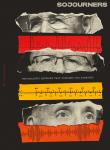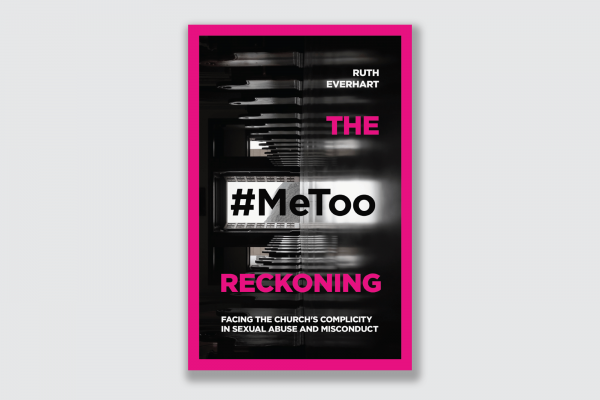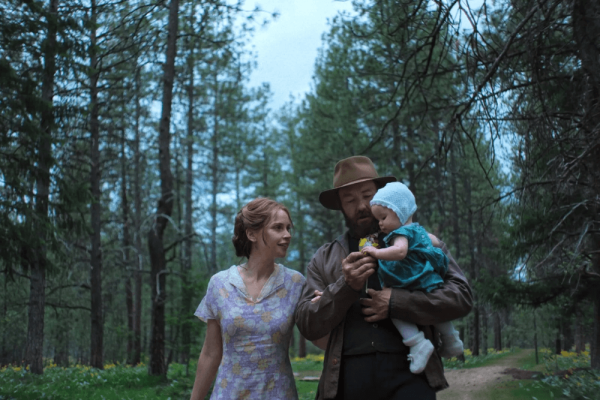“O LORD, HOW long shall I cry for help, and you will not listen?” (Habakkuk 1:2). Ruth Everhart opens her heart-wrenching new book, The #MeToo Reckoning, with this lamentation. In a nation where, according to the Centers for Disease Control and Prevention, more than one in three women are sexually assaulted in their lifetime, lamentation and tears seem a fitting place to start. But Everhart reminds us that to lament is not merely to cry out in anguish. To lament is also to bring pain to light, to air wrongs suffered, and, in the same impassioned breath, to call for justice.
It is this more fulsome form of lamentation that frames Everhart’s book and undergirds her prophetic pronouncement against churches, calling on them to become braver and safer spaces, spaces more protective of the vulnerable, more supportive of victims and survivors, and more committed to seeking justice on their behalf.
Throughout The #MeToo Reckoning, Everhart, a Presbyterian pastor, recounts the incidents of sexual assault that she and others suffered and survived. From being raped inside a church to being assaulted by an elder on an overnight youth trip, these stories make for difficult reading. But they are important reading. Until we face the reality and extent of sexual assault, we will neither be able to properly support its victims nor bring this predatory behavior to an end.
Alongside these chilling accounts of abuse run the stories of congregations and clergy who failed to protect and support the less powerful within their fold. Whether seeking to safeguard their church’s public image or raising the value of reconciliation above justice, each story illustrates a different way in which those who claimed to serve “the least of these” chose instead to undercut and imperil them.
More than an exposé on abuse in American churches, The #MeToo Reckoning provides a way forward for churchgoers and church leaders alike. From the story of Jesus healing the bleeding woman to the prophet Nathan confronting King David for his rape of Bathsheba, Everhart offers healthier and more supportive readings of scripture. She also suggests numerous pragmatic changes to church policy, such as ending the use of nondisclosure agreements in church settlements for sexual abuse, as well as removing any statute of limitations on sexual crimes in their ecclesiastical laws.
Whether American churches will heed Everhart’s call remains to be seen. Given their current, feeble response to the larger #MeToo movement, I am far from optimistic. But pessimism will do nothing to make our churches and communities braver and safer spaces; reading and sharing The #MeToo Reckoning might.

Got something to say about what you're reading? We value your feedback!







